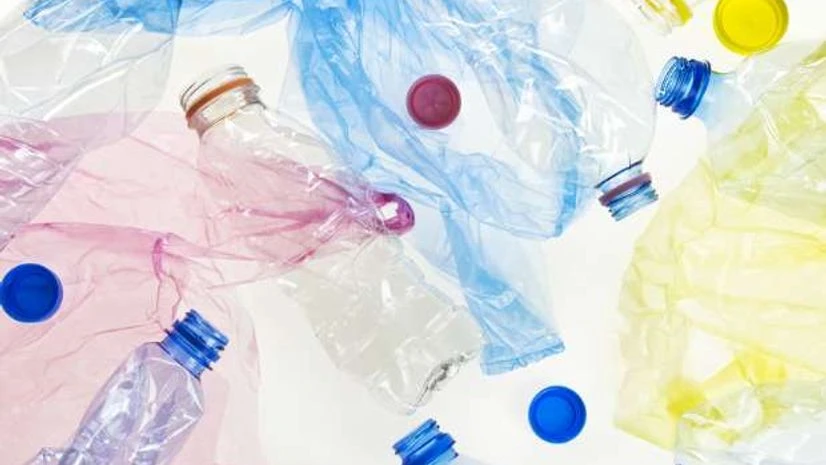The central government on Friday notified new rules for plastic waste management across the country, replacing the existing ones, instituted in 2011.
Apart from banning the manufacture of plastic bags below 50 micron thickness, the Plastic Waste Management Rules, 2016, also institute ‘extended producers responsibility’. Whereby, plastic manufacturers and brands which extensively use it will be responsible for taking it back.
“For the first time, producers will collect back the plastic through the same distribution system they use for retailing their products,” said Environment minister Prakash Javadekar. A comprehensive plan for doing so has to be given by such businesses to State Pollution Control Boards while applying for certification to establish business or renew a licence for operations. Else, licences would be revoked. Existing enterprises get a year to comply.
More From This Section
Local bodies like municipal boards and gram panchayats have been empowered to ‘set up, operationalise and co-ordinate the waste management system’. This includes registration of all producers, importers and vendors of plastic carry bags and multi-layered packaging.
Also, giving shopkeepers and street vendors the permission to provide plastic carry bags to customers, after a minimum fee of Rs 4,000 a month is paid. The money thus collected will be used for undertaking multiple measures to properly dispose plastic bags.
The rules also emphasise on the responsibility of waste generators, including common citizens. “Organisers of weddings, political rallies, religious gatherings and other such events will be responsible for removing plastic litter at the venue and any violations will invite penalties,” said Javadekar. While a fine has been prescribed for offenders in this regard, the amount has not been fixed, with the rules saying it will be determined by ‘the bye-laws of local bodies’.
Ravi Agarwal, Director at Toxics Link, a non-profit working against toxic pollutants in pharmaceuticals, chemicals and e-wastes, said most waste management policies by the ministry have suffered due to an acute lack of implementation. State or local bodies entrusted with monitoring suffer from low levels of personnel and oversight.
“According to the existing rules, all plastic carry bags are mandated to be labelled with the name of manufacturer and batch number, apart from micron size, but this is hardly the case," he said.
The new rules also provide for a ban on the manufacture of plastic bags with thickness below 50 microns but no steps have been announced to strengthen monitoring. Plastic bags were mandated to be at least 20 microns thick in 1999, revised to 40 microns in 2011. However, they continue to be a threat to the environment.
Javadekar said the government was also aiming to curb the use of other plastic products, with an eye to reducing the 6,000-plus tonnes of uncollected plastic waste generated daily. This primarily involves the ministry’s efforts to put up guidelines bannning the manufacture and usage of thermoset plastic like styrofoams, which are hard to recycle, within the next twoyears.
The ministry has put forth specific draft management rules for solid wastes, construction and demolition wastes, e-wastes, hazardous waste and bio-medical wastes. These are set to be notified soon.

)
